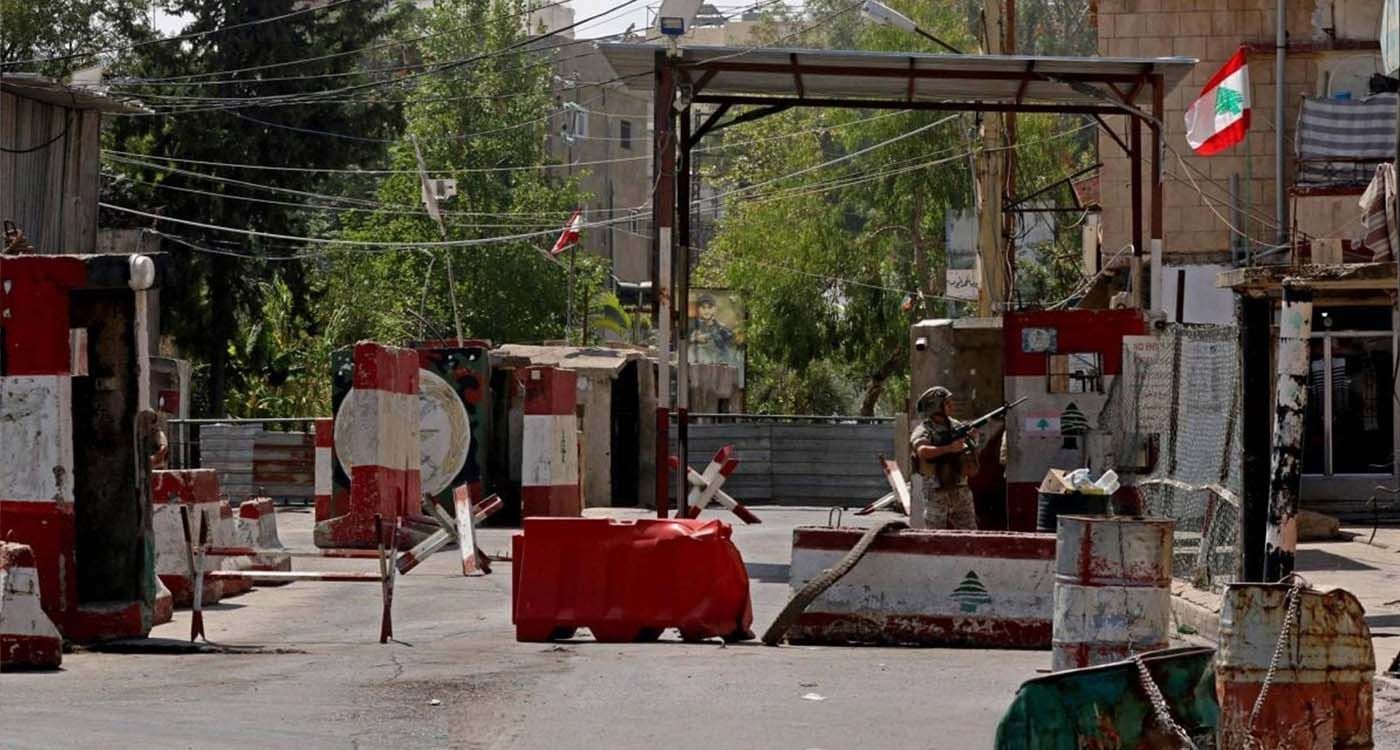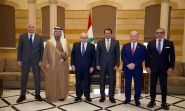
Lebanon’s top three political leaders — President Joseph Aoun, Parliament Speaker Nabih Berri, and Prime Minister Nawaf Salam — appear to have reached a general consensus on the core elements of a national settlement, including reforms and the consolidation of weapons under the sole authority of the state. However, some differences remain over how to implement this critical step, particularly regarding the process of disarmament.
Berri has proposed addressing the matter through a political framework designed to preserve civil peace — a proposal endorsed by both Aoun and Salam, reflecting the troika’s firm view that civil peace is a red line.
Western diplomatic sources, however, have voiced frustration over what they view as a slow pace in translating these political commitments into tangible action. While acknowledging notable progress in the first hundred days of the new presidential term, particularly on state-building and reforms, they warn that these efforts fall short of international expectations. “There is no turning back,” President Aoun stated recently, insisting that Lebanon is on the right path toward institutional recovery.
In this context, Aoun told a visiting US delegation that the decision to place all weapons exclusively under state authority is final and non-negotiable. He emphasized that disarmament would not lead to security unrest, as it will be pursued through dialogue with concerned parties who are committed to stability and the preservation of civil peace. “The year 2025,” he stated, “will mark the establishment of the state’s exclusive control over arms.”
In response to Washington’s push to expedite Hezbollah’s disarmament, Aoun emphasized his commitment to avoiding any risk to civil peace, while noting that the United States also places a high priority on Lebanon’s stability.
While Aoun outlined the broader context, PM Salam addressed Hezbollah’s position more directly, stressing: “The party has consistently affirmed that it stands behind the state. The government’s stance on this issue is clear and is based on the ministerial statement, which the party itself endorsed.”
Despite the significant achievement of holding municipal and electoral elections on time after a nine-year hiatus, with the presidency firmly rejecting attempts to postpone the process, European diplomatic sources warn that the Lebanese administration’s chances to act are quickly running out. According to a US official, the deadline is imminent, and unless the presidency acts quickly to capitalize on this opportunity, it risks missing a critical chance to accelerate the steps needed to build the state.
A French senator who recently visited Lebanon voiced concerns that the country could squander its current opportunity and the international goodwill it enjoys. He warned that, as global crises intensify and US and French attention shifts to other pressing matters, Lebanon risks losing its place on the international agenda. In such a scenario, Lebanon could transition from a phase of active international involvement to one of passive waiting, ultimately forfeiting the support of both France and the United States.
Informed US sources emphasize that May will be a crucial test for the Lebanese administration's credibility. They urge the presidency to act swiftly and capitalize on the opportunity at hand. These sources advocate for the immediate implementation of reforms, beginning with the dismantling of Hezbollah’s arsenal. The plan is to address the issue in phases, starting with heavy and medium weaponry, suspending its use, and placing it in storage under state control and oversight. The focus will then shift to managing lighter weapons.
According to US sources, as the deadline at the end of May approaches, the “troika” has reportedly informed General Michael Leeney — the newly appointed US official tasked with monitoring the ceasefire in southern Lebanon — that Israel must be pressured to fully withdraw from Lebanese territory. Such a move, they argue, would allow the Lebanese Army to deploy more effectively in the south, prevent further violations, and stabilize the border. Only then could attention shift to areas north of the Litani River.
Western officials are pressing the Lebanese state to publicly disclose its actions, ensuring transparency to both domestic and international stakeholders. They stress the need for bold, decisive steps toward the establishment of a state governed by institutions. A European diplomat warned during a recent visit that the margin for maneuver is shrinking fast.
On another front, ministerial sources say that Palestinian arms must also be brought under state authority — a necessary step for managing both Palestinian and Iranian weapons, which are now seen as interlinked. President Mahmoud Abbas is expected to visit Beirut soon to discuss the issue, particularly amid recent allegations that Hamas fighters launched rockets from Lebanese territory toward Israel.
May is thus shaping up to be a turning point. Whether the Lebanese state succeeds in placing heavy weapons under its control or resorts to having them removed from the country remains to be seen. But authorities view Palestinian arms as a key destabilizing factor and are determined to bring refugee camps under formal state jurisdiction. In this context, Joseph Aoun is expected to coordinate with Mahmoud Abbas to resolve security irregularities, asserting that no area, including refugee camps, will remain off-limits to the state.
Security officials warn of potential clashes between rival Palestinian factions — chiefly Fatah and Hamas — under the pretext of controlling the camps. Such tensions would directly undermine the presidency’s stated aim of steering Lebanon away from the regional “axis of resistance” and rejecting the idea of united fronts against Israel. As such, Lebanese authorities have made it clear that no armed activity will be tolerated from Lebanese territory moving forward.



Comments